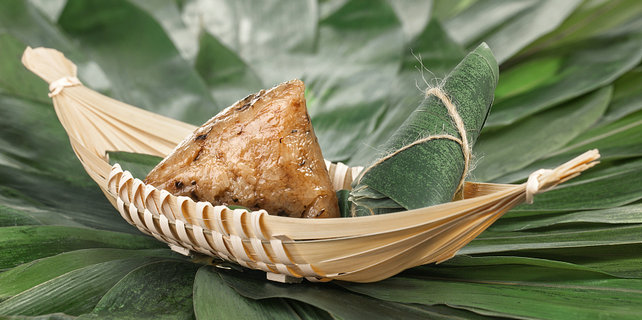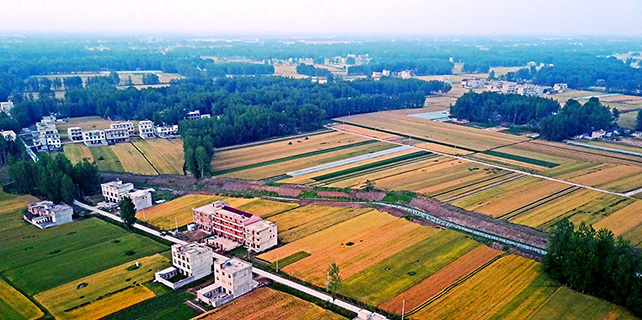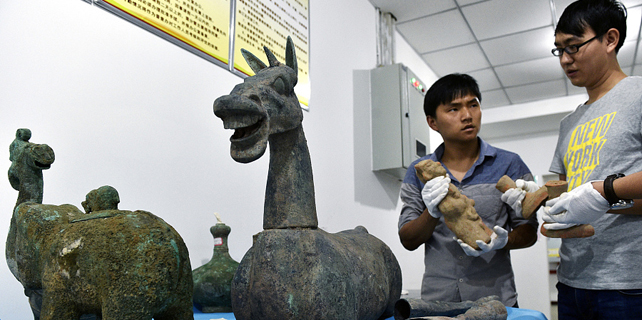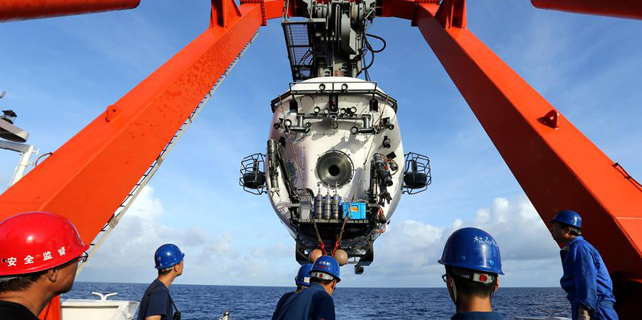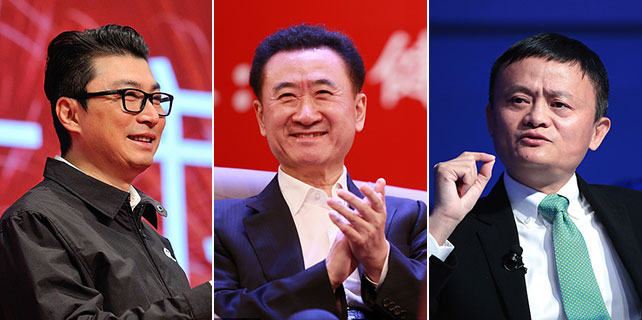China's Juncao grass enhances countries' food supply
A project of the China-UN Peace and Development Trust Fund was launched on Friday at UN headquarters to help developing countries eradicate poverty and hunger.
The Juncao Technology Project offers a way to grow edible and medicinal fungi by using grasses instead of woods.
Liu Jieyi, China's ambassador to the UN, said at a workshop at UN headquarters in New York that Juncao technology is a priority project of the fund.
"It fits the special conditions and needs of developing countries in Asia and Africa," Liu said. "And it is a solution contributed by China to help them overcome their development challenges and implement the sustainable development goals, thus advancing global development."
It is closely linked to issues that are important to developing countries, including the eradication of poverty, reduction of hunger, use of renewable energy, promotion of employment and response to climate change, Liu said.
Lin Zhanxi, a professor from China's Fujian Agriculture and Forestry University who invented the Juncao technology in the 1980s, said Juncao grass has been used to control soil erosion or desertification as it can develop roots in deserts and grow fast in different environments.
Within 100 days or so after planting, it starts to stop shifting sand and improve soil quality. The soil thus improved with Juncao technology can then be used to grow cash crops.
It is also a source of clean energy, which Liu said can effectively help address the challenges of climate change. Power generated from the burning of Juncao grass grown on one hectare of land equals that from more than 50 tons of coal but with much lower emissions, according to Lin's research.
Since 1992, Juncao technology has been used in more than 100 countries, Liu said. Eight countries, namely, Thailand, Malaysia, Fiji, Papua New Guinea, South Africa, Rwanda, Lesotho and Eritrea, have established bases for Juncao technology demonstration and training, as well as industrial development.
In this process, Chinese Juncao scientists have overcome technological difficulties to ensure that the technology takes hold in recipient countries and produces real benefits.
Maria Luiza Ribeiro Viotti, Chef de Cabinet to the UN secretary-general, said Juncao technology has played an important role in improving food security, nutrition and income in related developing countries. It has brought "economic, social and environmental benefits" to these countries, Viotti said.
Jerry Matthews Matjia, ambassador of South Africa to the UN, said that Juncao technology helps South Africa fight desertification, develop biofuels and improve personal incomes and health.
It has become a good example of South-South Cooperation and can play a bigger role in helping developing countries achieve sustainable development goals, Matjia said.
Luke Daunivalu, deputy ambassador of Fiji to the UN, said Juncao technology has created economic and social benefits in Fiji in a very short time and improved people's living conditions. This Chinese technology has made important contribution to realizing SDGs worldwide, he said.
wanglinyan@chinadailyusa.com







